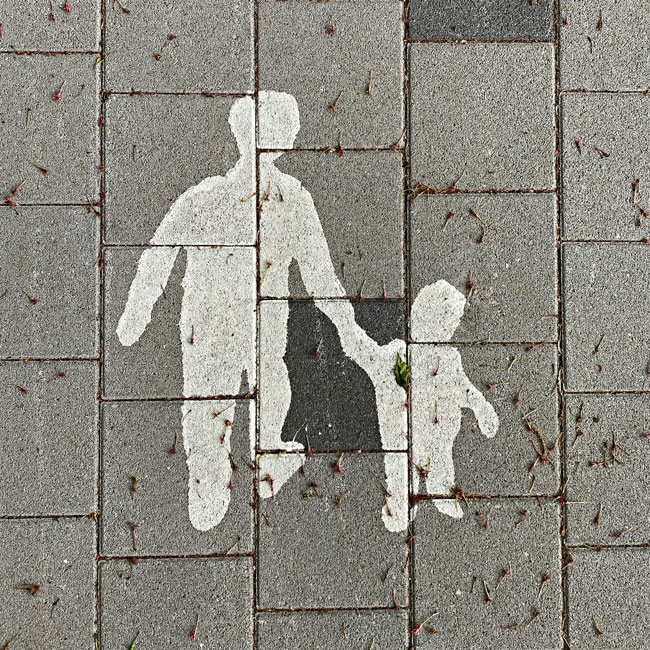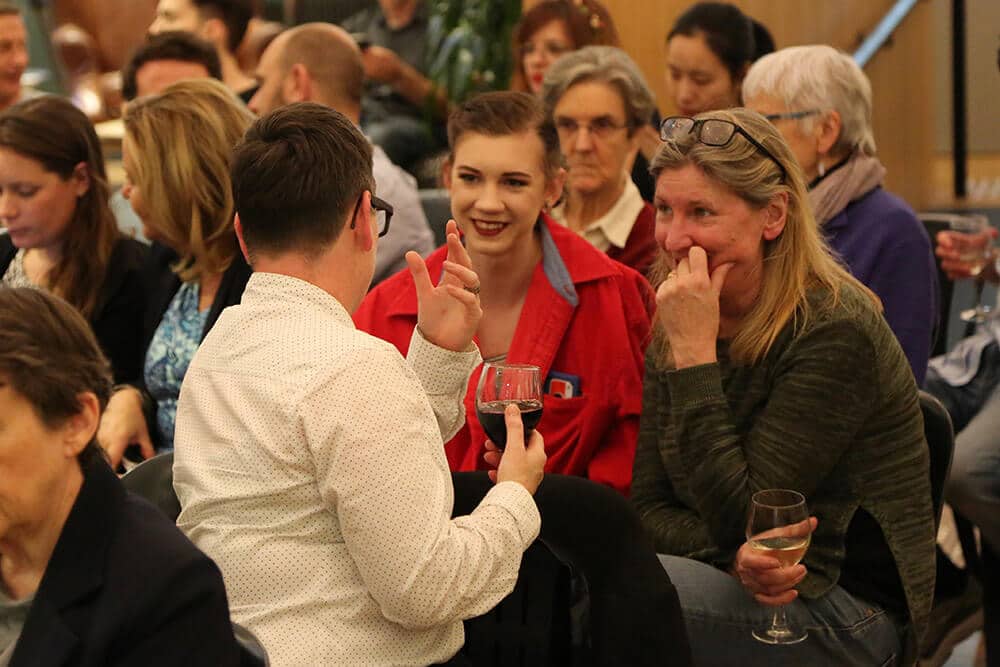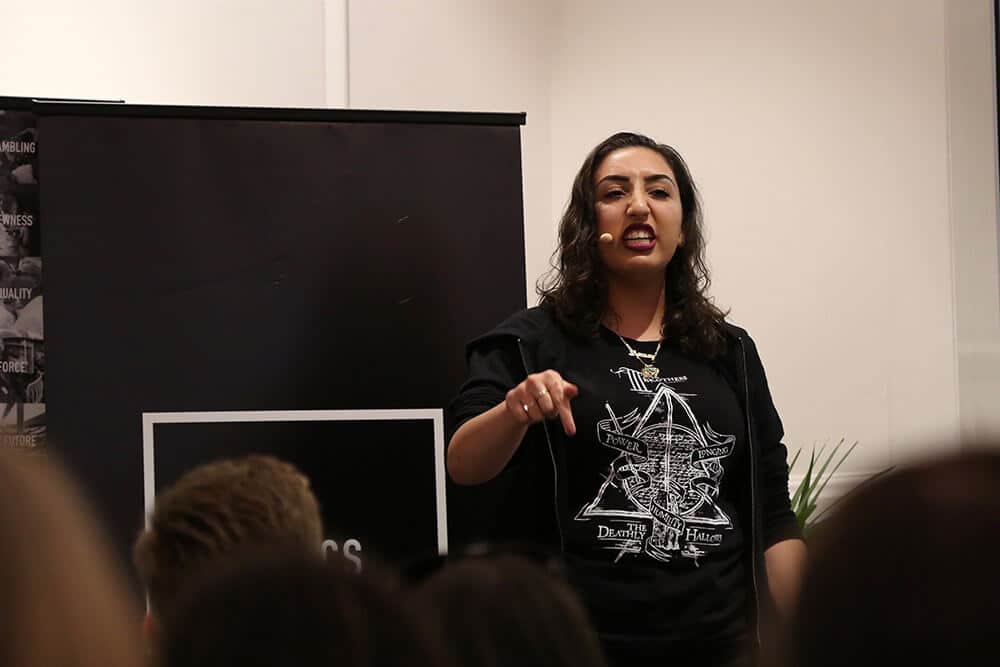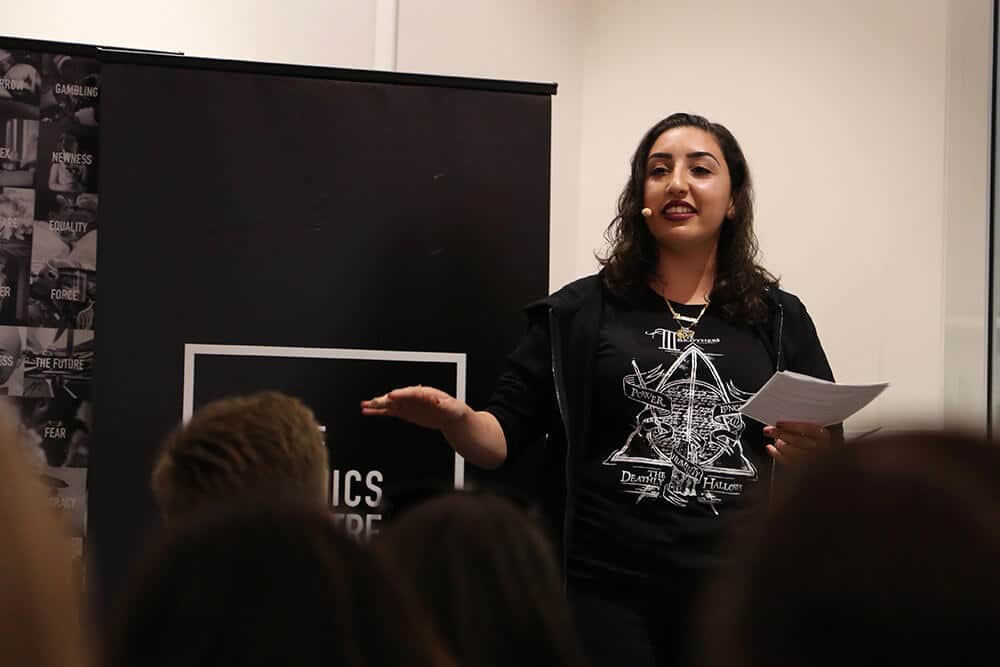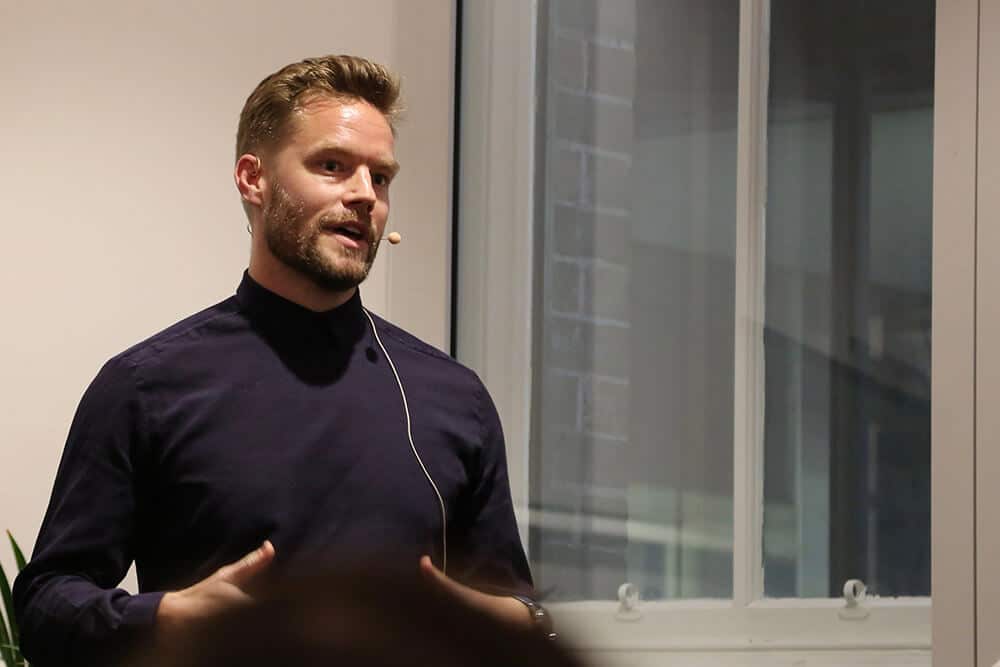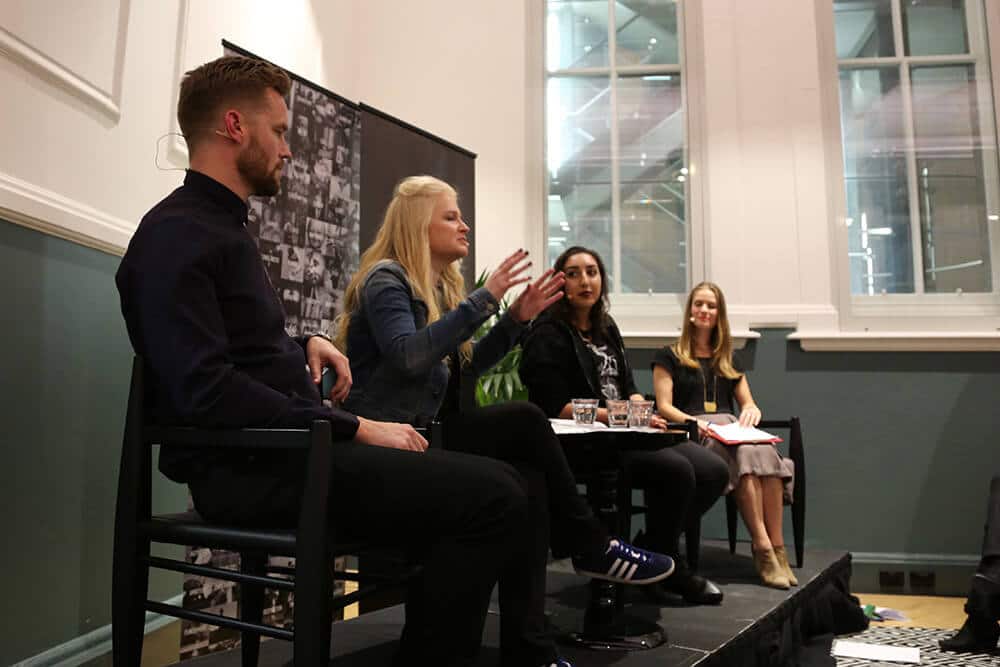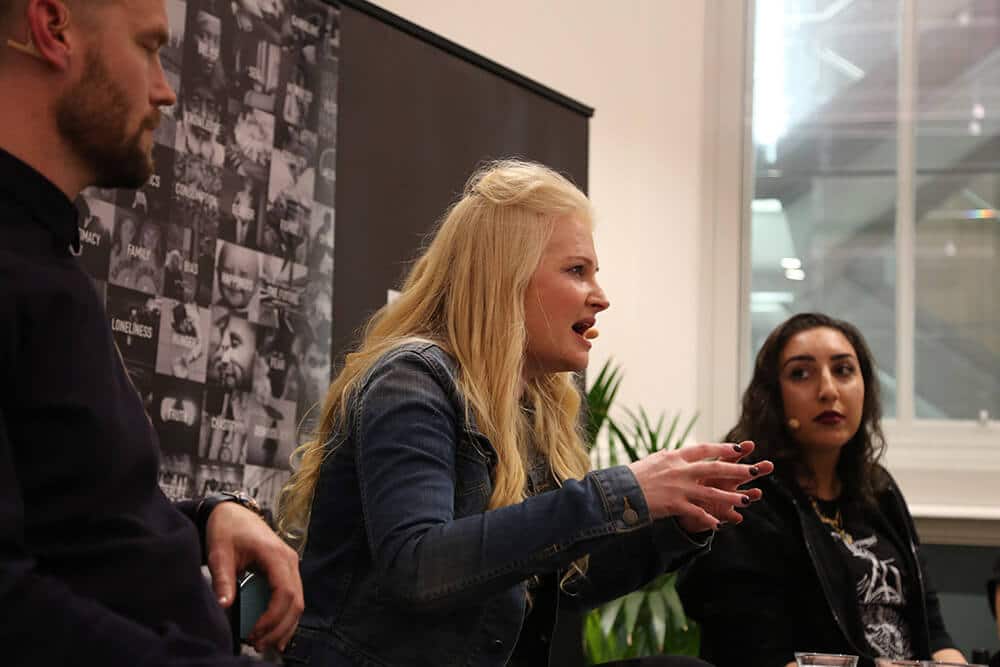
STREAM
BEING HUMAN Conversation
DATE & TIME
19 October 2016
LOCATION
THE ETHICS CENTRE
Does outrage create more problems than it solves?
Is outrage a useful tool for improving the world or do we need to calm down?
Outrage is everywhere. It’s seemingly confounded by social media. As soon as anyone makes a social faux par, it’s stacks on.
Outrage has the ability to bring about positive social change. It can empower the less privileged to be heard. It is often used to call out racism, homophobia and sexism and can inject social movements with momentum and power.
But could outrage be driven by unhealthy self-righteousness and hypocrisy? A new media landscape is giving our outrage voice like never before. But such an innocuous action has a lot of collateral damage.
We took at look at how outrage stacks up against ethical examination.
Speakers

Helen Razer
is a Melbourne-born, Canberra-raised radio presenter and writer. She is the author of four non-fiction books and contributes to The Saturday Paper, Daily Review, SBS Online and Frankie.

Michael Salter
s a criminologist whose research specialises in gendered violence, sexual assault, and complex trauma. He is a senior lecturer in criminology at Western Sydney University.

Sharnay
is an Australian slam poet. She won the BPS Olympics and was People’s Choice in the 2016 Grand Slam. She also facilitates high school poetry workshops Real Talk and Stand Tall Speak Out.

Who is it for?
- THE ACTIVIST
- THE CHAMPION
- THE PROVOCATEUR

What you'll take away
- 01A KEENER EYE FOR CONSEQUENCES
- 02A SUDDEN DESIRE TO WRITE A FURIOUS OP-ED
- 03DISCUSSIONS ABOUT THE VIRTUE OF TEMPERANCE

Things to think about
ArticlePOLITICS + HUMAN RIGHTS
Do states have a right to pre-emptive self-defence?
ArticleSCIENCE + TECHNOLOGY
Does your therapy bot really care about you? The risks of offloading emotional work to machines
ArticlePOLITICS + HUMAN RIGHTS


